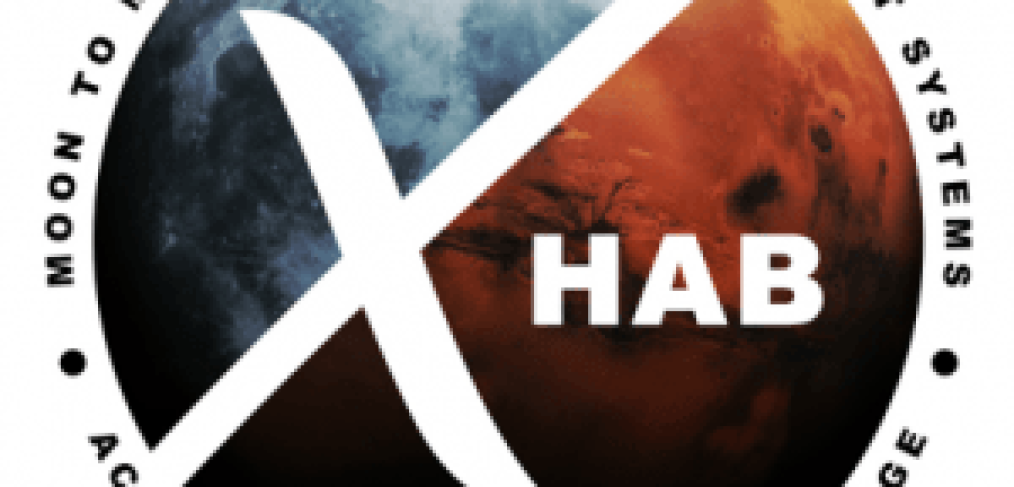
NASA Selects Four University Teams to Develop Technologies to Enhance Artemis Missions
NASA and the National Space Grant Foundation selected four university teams to develop advanced and innovative design ideas that will help solve Artemis mission challenges. The selections are part of the 2023-2024 Moon to Mars eXploration Systems and Habitation (M2M X-Hab) Academic Innovation Challenge sponsored by NASA’s Artemis Campaign Development Division.
The 2023-2024 M2M X-Hab Academic Innovation Challenge is an opportunity for NASA to build strategic partnerships with universities and tap into the ingenuity of the future Artemis Generation workforce. The challenge provides STEM (Science, Technology, Engineering and Mathematics) students interested in aerospace careers with hands-on development and research experience, while strengthening NASA capability for missions to the Moon, Mars, and beyond. Past student participants have gone on to careers in the aerospace industry, including at NASA.
Universities in support of the M2M X-Hab 2023-2024 Academic Innovation Challenge will advance science and technology innovations for Artemis missions with the following projects:
Evaluation of Heat Pipes to Transfer Heat in Fixed-Beds
University of Southern Alabama, Mobile, AL
In this work undergraduate students will assess the usage f heat pipes as a means of moving heat to and from an adsorption bed. Specifically, heat management in thermal swing adsorption systems is complex, and in some cases, can be the rate-limiting step that dictates system operation and efficiency. In general, this complexity arises because adsorption occurs when the adsorbent is at ambient temperature, but during regeneration, heat is used to remove adsorbed molecules. As a result, immediately after heating the bed during regeneration, the bed must be cooled before it can return to adsorption service. Many schemes can be envisioned to manage this energy balance, such as using multiple beds to allow for cooling steps or placing the bed being heated in contact with a bed being cooled.
Volatile Organic Compound (VOC) Management for the CO2 Deposition System
University of Michigan, Ann Arbor, MI
The project aims to develop a comprehensive Volatile Organic Compound (VOC) management system for integration with the CO2 deposition system on the International Space Station (ISS), eliminating a key barrier to deep-space crewed missions. Graduate and upper-level undergraduate students from a variety of disciplines will work together to deliver a detailed VOC management plan, as well as a bench top version of the system along with a set of guidelines for the safe handling and disposal of VOCs. The notional concept for the deposition system involves the usage of renewable catalysts for photocatalytic oxidation technology, to break down and remove VOCs from a transient airflow. The system will be integrated upstream from the cryogel tanks, providing the CDep system with a VOC-free airstream. Further analysis into VOC degradation tools will be conducted using multi criteria decision making (MCDM) techniques and formal trade studies in order to maximize the product’s efficiency. This filtration technique will enable a system that degrades VOCs while minimizing mass, volume, and power impact. The deliverable will ideally inform the design of both an air purification system for long term deep-space missions that is both renewable and reusable. The team will deliver both modeling and tested experimental results as part of the product’s characterization and performance evaluation.
Integrating Gamification and IDEIs to Enable Crew Health and Performance on Mars
Rochester Institute of Technology, Rochester, NY
Students will develop Intelligent Devices/Equipment/Instruments that can help maintain Crew Health and Performance for crews living on Mars for extended periods of time. The proposed project seeks to address these particularly unique challenges through the design and development of an IDEI that integrates gamification and autonomous, wearable monitoring devices to aid in performance-based training and assessment of astronaut performance on Earth and during missions.
Intelligent Devices/Equipment/Instruments (IDEI) for Enabling Crew Health and Performance on Mars
University of Michigan, Ann Arbor, MI
Graduate and undergraduate students will develop a functional prototype for at least two intelligent exercise devices, along with associated metrics and measurement methods to be utilized in implementing integrated system health management for crew health and performance during long-duration Mars missions. The BLiSS team will also develop an accompanying user interface, which will be gamified with virtual reality or immersive content in order to help alleviate the mental and cognitive challenges associated with a long-duration mission to Mars.
Image Credit: NASA

